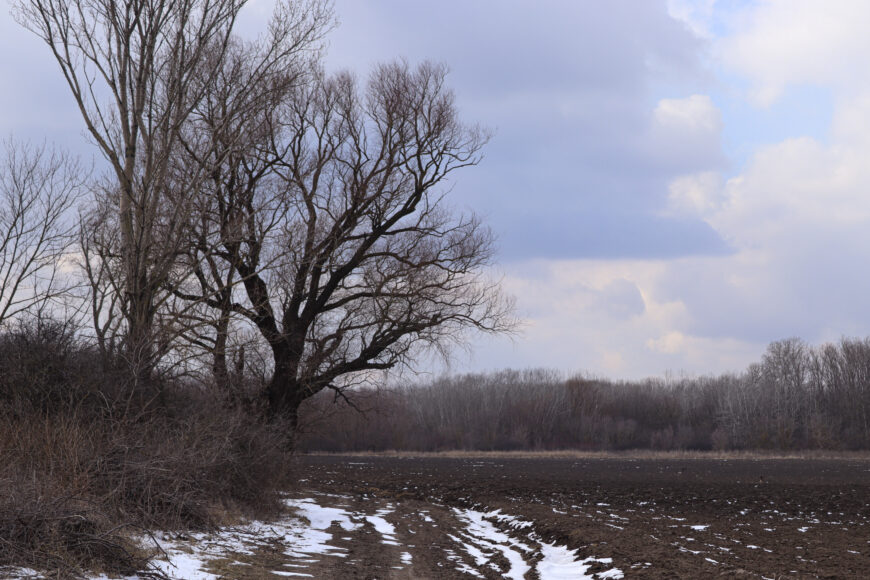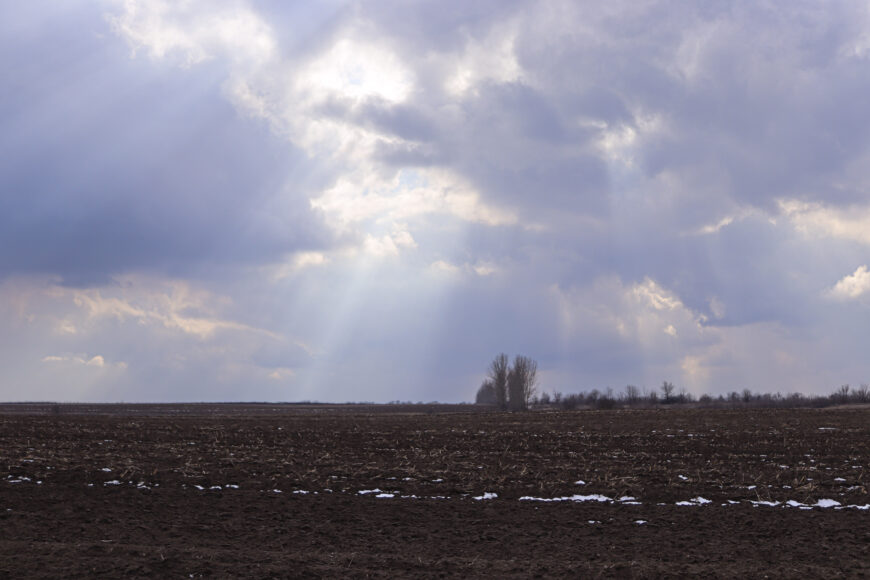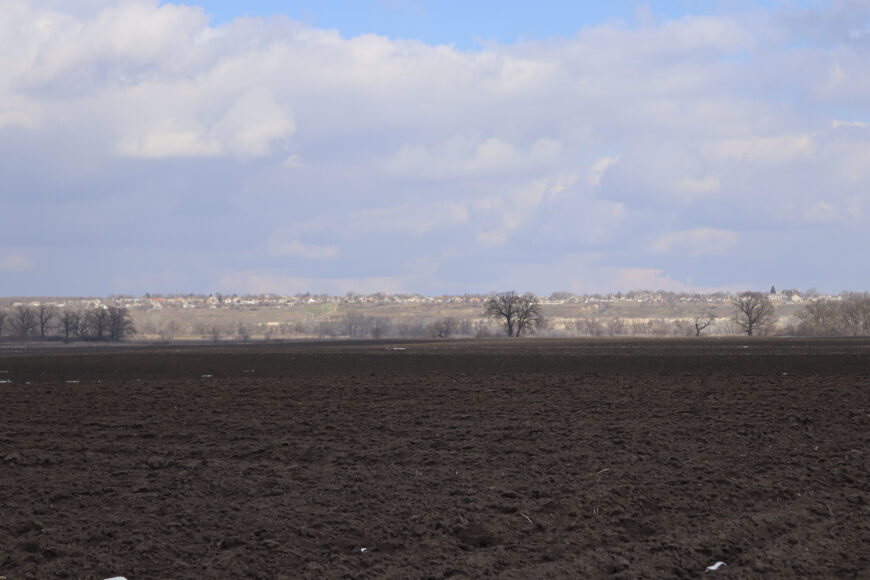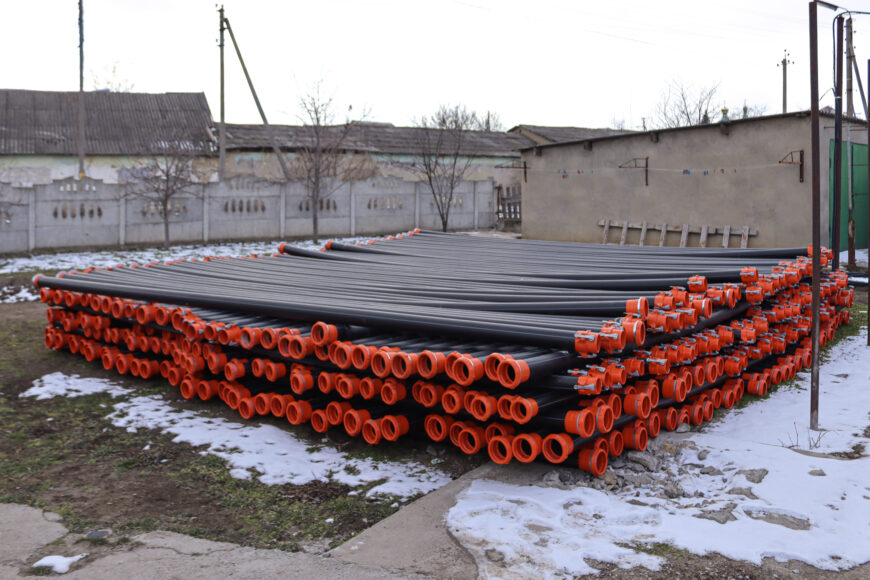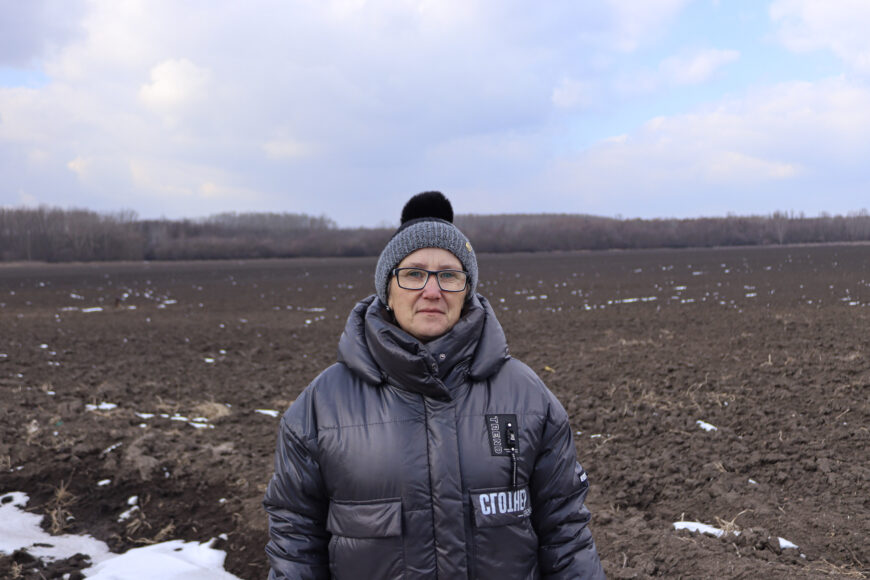With funding from Agence Française de Développement (AFD), the STRIVE Consortium, comprising international NGOs Acted, REACH (an initiative of Acted and IMPACT Initiatives) and Bibliothèques Sans Frontières (BSF), launched a two-year project in early 2023 to strengthen the preparedness and resilience of communities in the Anenii Noi raion of Moldova to environmental and man-made disasters, including various economic stressors.
Moldova is mostly a rural country, in which the agricultural sector is the largest employer, accounting for approximately 28% of the country’s total workforce. Rural communities characteristically exhibit significantly higher levels of poverty and reduced access to services in comparison to urban areas. The agricultural sector is considered to be one of the most vulnerable to the impacts of climate change and man-made risks.
To support the rural communities in Anenii Noi, Acted decided to focus on smallholder farmers and wider rural communities. Acted provided the farmers with tailor-made risk awareness training, contextualised to the specific common risks they faced. This provided an opportunity for smallholder farmers to improve their knowledge of risk management and its relationship to livelihoods and community development.
As a result of the increased knowledge gained in the hazard perception trainings, Acted strengthened the opportunities for 60 farmers to apply their strategies through the provision of financial or in-kind assistance, to support the process of adaptation to climate resilient agricultural practices.
The story of Anna
One of the farmers who benefited from STRIVE’s activities was Anna*. Her life is inextricably linked with the Anenii Noi raion. She was born there, raised her family and has been involved in farming her whole life. She remembers how hard it was to get her farm off the ground. In the past, she and her family had to pump water manually from the Dniester River using fire hoses to irrigate the land.
Over time, they began to expand – she legalised her business, leased more hectares of land, started buying aluminium pipes for the water pumping station and hired seasonal workers. Her family now leases 14 hectares of land where they grow carrots, potatoes, onions and beetroot. These vegetables are then sold to local markets and supermarkets.
Thanks to a grant she received from the STRIVE project, she has bought prefabricated plastic pipes, which are much lighter than aluminium, making it easier for workers to pump water from the station.
Reflecting on the trainings, Anna emphasises that despite her many years of experience in the field, she has gained a lot of new and useful knowledge that she will certainly apply in her work.
*Her name has been changed to protect her identity.
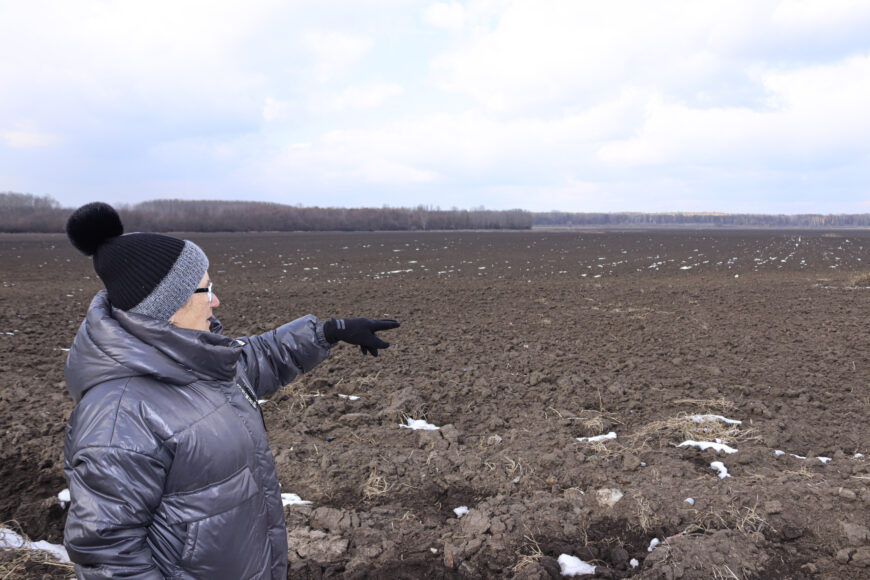
Based on the results of Acted’s activities within the STRIVE consortium, by offsetting vulnerability to natural hazards, beneficiary farmers will have more sustainable and resilient agricultural livelihoods and will suffer less economic and social damage in the event of a natural disaster.
